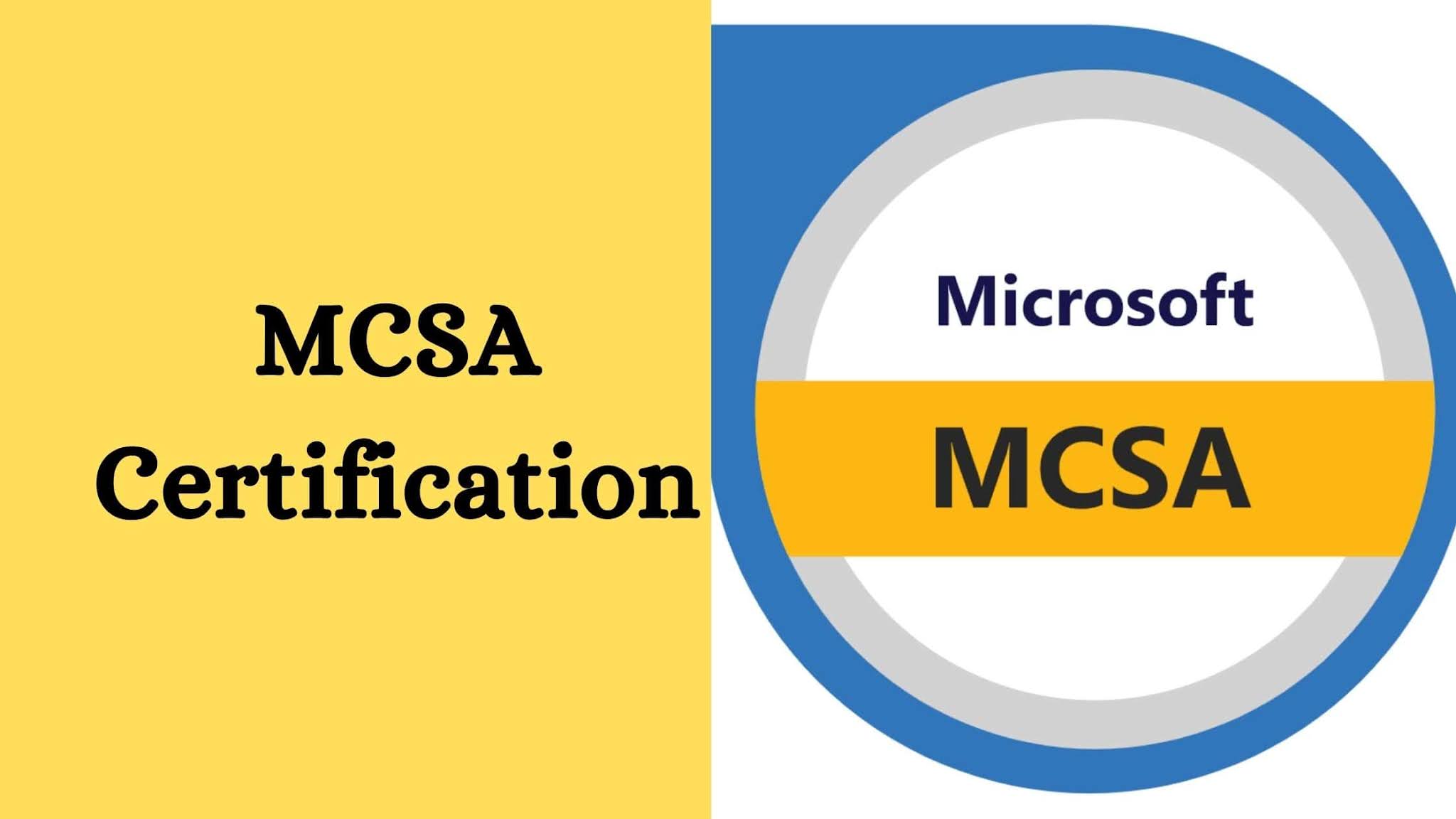Skip to content

Course 1: Installation, Storage, and Compute with Windows Server
1. Install Windows Servers in Host and Compute Environments
- Install Server Core and Server with Desktop Experience
- Install in virtualized environments
- Upgrade and migrate server roles and workloads
2. Implement Storage Solutions
- Configure local storage
- Configure storage pools and Storage Spaces
- Implement Data Deduplication
3. Implement Hyper-V and Virtual Machines
- Install and configure Hyper-V
- Configure VM settings, checkpoints, and resource metering
- Manage virtual machine movement
4. Implement Windows Containers
- Install and configure Windows Server and Hyper-V containers
- Manage container images
5. Implement High Availability
- Configure failover clustering
- Configure guest clustering
- Implement Storage Replica
6. Maintain and Monitor Server Environments
- Monitor performance and events
- Implement Windows Server Backup
- Use Performance Monitor and Event Viewer
📗 Course 2: Networking with Windows Server
1. Implement Domain Name System (DNS)
- Install and configure DNS server
- Create and manage DNS zones and records
- Configure DNS policies and DNSSEC
2. Implement DHCP
- Install and configure DHCP
- Manage address leases and reservations
- Configure DHCP failover and policies
3. Implement IP Address Management (IPAM)
- Deploy IPAM
- Manage IP address spaces
- Integrate with DHCP and DNS
4. Implement Network Connectivity and Remote Access
- Configure VPN and DirectAccess
- Configure routing
- Configure NAT
5. Implement Core and Distributed Network Solutions
- Configure IPv4 and IPv6
- Configure DFS and BranchCache
6. Implement Advanced Network Infrastructure
- Configure software-defined networking (SDN)
- Manage network controller
- Implement network virtualization
📙 Course 3: Identity with Windows Server
1. Install and Configure Active Directory Domain Services (AD DS)
- Install and configure domain controllers
- Manage user, computer, and group accounts
- Manage Organizational Units (OUs) and Group Policy Objects (GPOs)
2. Manage and Maintain AD DS
- Backup and restore AD DS
- Monitor AD DS
- Manage Active Directory Recycle Bin
3. Implement Group Policy
- Create and manage GPOs
- Configure GPO settings and preferences
- Troubleshoot Group Policy processing
4. Implement Active Directory Certificate Services (AD CS)
- Deploy and manage Certification Authorities (CAs)
- Manage certificates and templates
- Configure certificate enrollment and revocation
5. Implement Active Directory Federation Services (AD FS)
- Install and configure AD FS
- Configure relying party trusts
- Implement Web Application Proxy
6. Implement Active Directory Rights Management Services (AD RMS)
- Install and configure AD RMS
- Manage rights policy templates
- Monitor and maintain AD RMS
